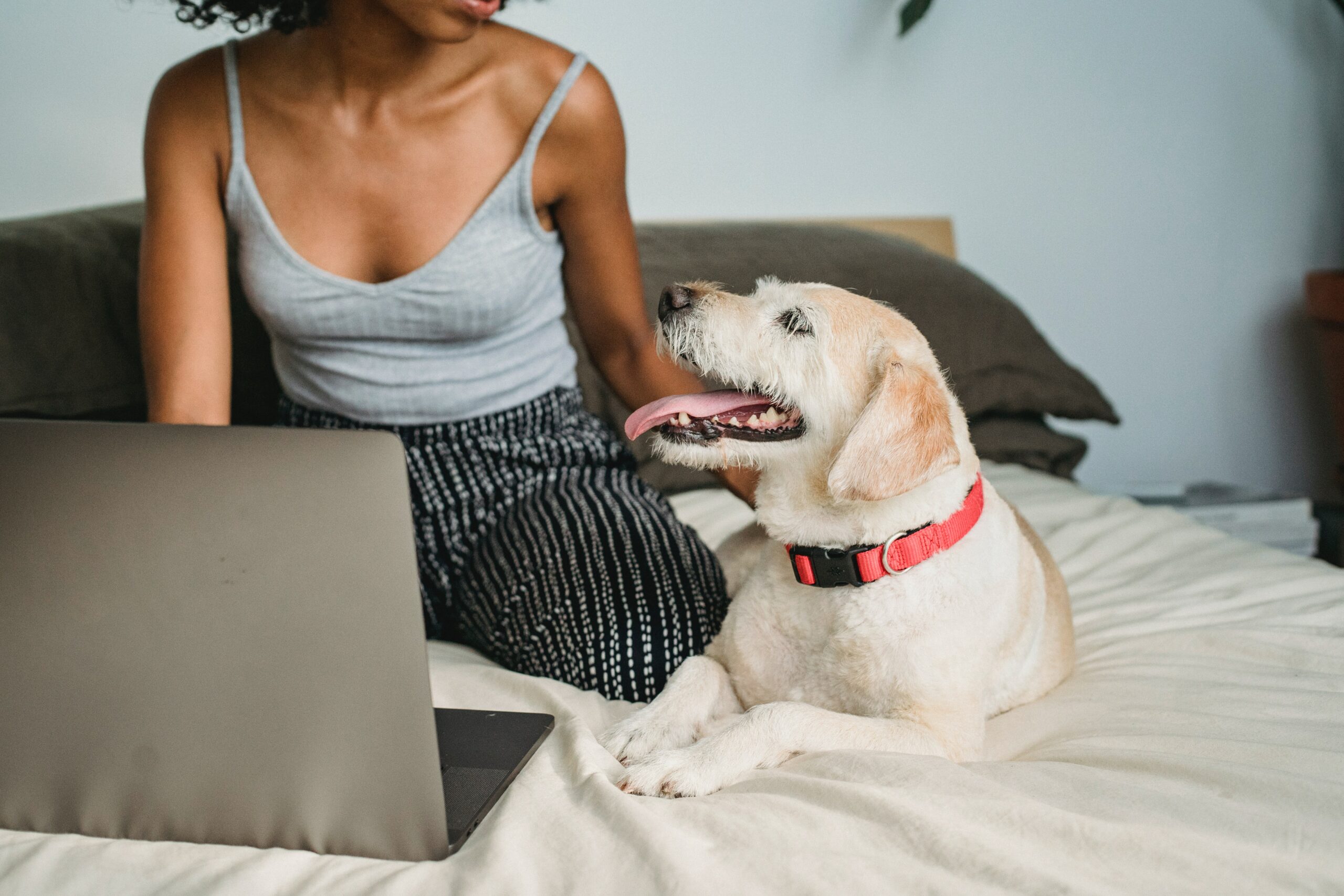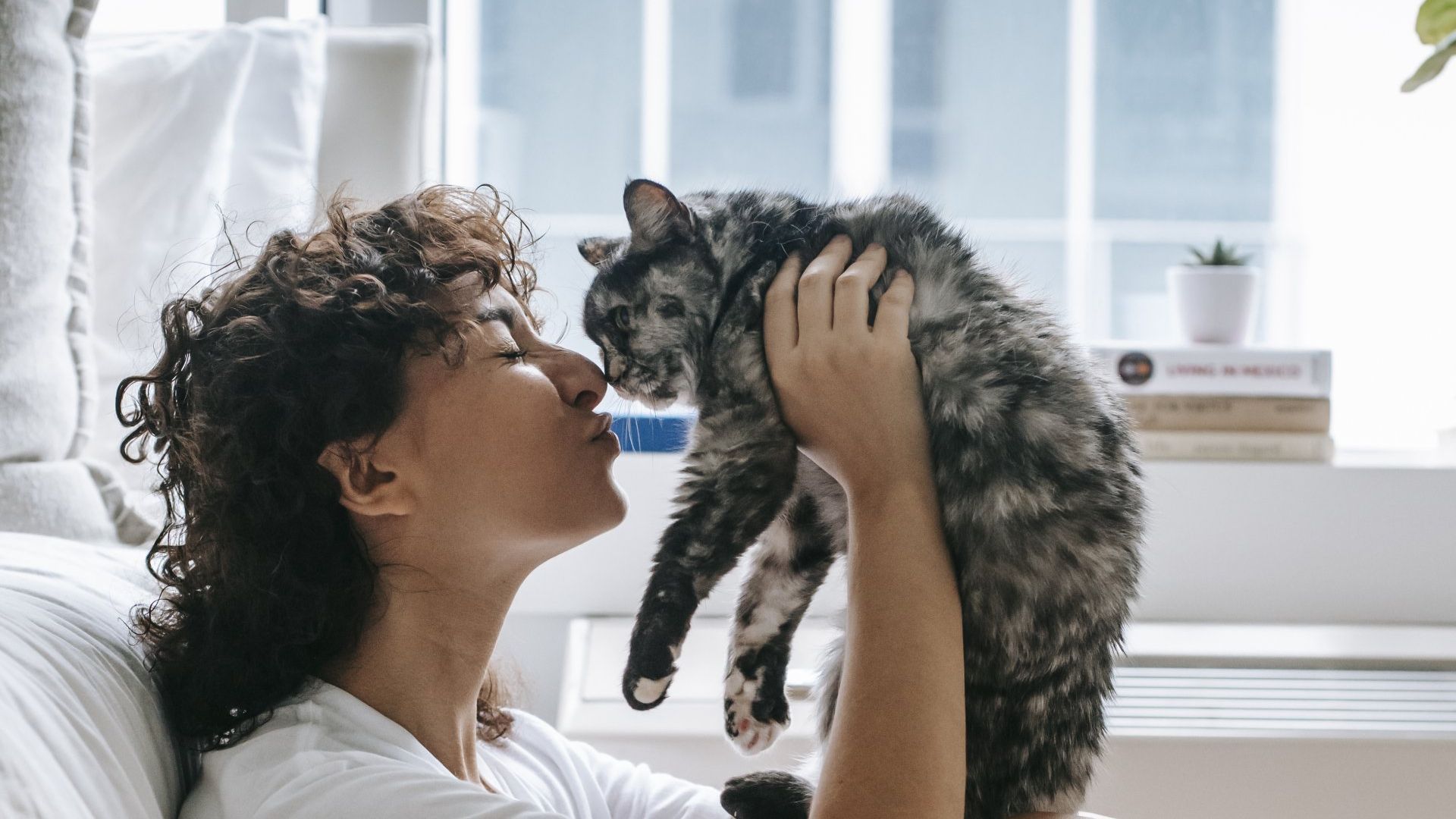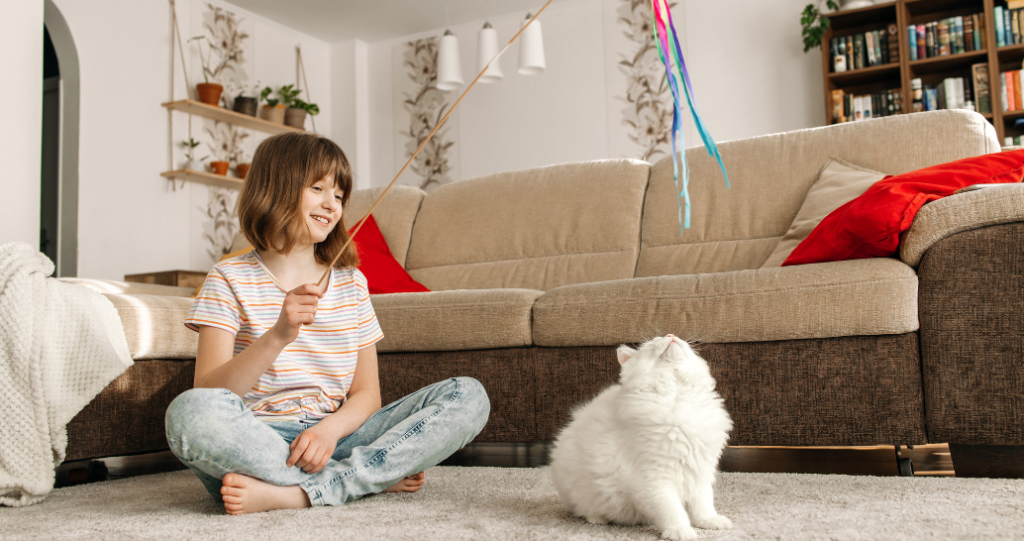Table of Contents
ToggleTips for Raising Pets in an Apartment
Living in an apartment doesn’t mean you can’t enjoy the companionship of a pet. With proper planning and care, your furry friend can thrive in a smaller space. Here are some practical tips to help you create a comfortable and harmonious environment for both you and your pet.

Choose the Right Pet for Apartment Living
Not all pets are suited for life in a confined space. When choosing a pet, consider the following:
- Small Breeds or Compact Pets: Breeds like French Bulldogs, Corgis, and cats adapt well to apartments.
- Low-Noise Pets: If you’re considering a dog, opt for one that doesn’t bark excessively to avoid disturbing neighbors.
- Alternative Pets: Rabbits, hamsters, or even fish can be excellent apartment companions if dogs or cats aren’t suitable.
Understand Your Apartment’s Rules and Regulations
Before bringing a pet into your apartment, check your building’s pet policy. Some buildings may:
- Have restrictions on certain breeds or sizes.
- Limit the number of pets allowed.
- Require additional deposits or fees.
Understanding these rules will help you avoid potential conflicts.
Create a Pet-Friendly Space
Even in a small apartment, you can make your pet feel at home:
- Dedicated Area: Set up a corner with their bed, toys, and water bowl.
- Safe Environment: Remove hazards like electrical cords, toxic plants, or small objects they might swallow.
- Vertical Space for Cats: Install shelves or a cat tree to give your feline friends places to climb and explore.

Exercise and Mental Stimulation
Pets need physical activity and mental engagement, even in apartments:
- Daily Walks: Dogs require regular walks for exercise and mental stimulation. Aim for at least two walks a day.
- Interactive Toys: Puzzle feeders and toys can keep your pet entertained while you’re busy.
- Playtime: Spend quality time playing fetch, tug-of-war, or using a laser pointer for cats.
Control Noise and Odors
Apartment living often means sharing walls with neighbors, so it’s essential to keep noise and odors in check:
- Train Against Excessive Barking: Use positive reinforcement to reduce unwanted barking.
- Regular Grooming: Keep your pet clean to minimize shedding and odors.
- Clean Litter Boxes and Cages: For cats and small pets, clean their litter boxes or cages frequently to avoid unpleasant smells.
Socialization and Behavior Training
Well-socialized and well-behaved pets adapt better to apartment life:
- Introduce Them Gradually: If your pet is new to apartment living, give them time to adjust.
- Socialize with Neighbors and Other Pets: Regular exposure to other people and animals can help reduce anxiety.
- Basic Commands: Teach essential commands like “sit,” “stay,” and “quiet” to maintain good behavior.
Handle Bathroom Needs Thoughtfully
Managing your pet’s bathroom needs is crucial in an apartment setting:
- For Dogs: Establish a consistent routine for walks or consider training them to use indoor pee pads.
- For Cats: Ensure the litter box is easily accessible and cleaned regularly.
- For Small Pets: Replace bedding or clean cages weekly to maintain hygiene.

Respect Your Neighbors
Maintaining good relationships with neighbors is part of being a responsible pet owner:
- Minimize Noise: Train your pet to be quiet, especially during late hours.
- Leash Up in Common Areas: Always use a leash in hallways and shared spaces to avoid unexpected interactions.
- Clean Up After Your Pet: Always pick up after your dog during walks to keep the community clean.
Prepare for Emergencies
In case of emergencies, it’s important to have a plan in place:
- Pet Emergency Kit: Include essentials like food, water, a leash, and a copy of their medical records.
- Know Nearby Veterinarians: Familiarize yourself with local vets and emergency clinics.
- Microchip Your Pet: This increases the chances of being reunited if they get lost.
Use Technology for Assistance
Modern technology can make apartment living with pets easier:
- Pet Cameras: Monitor your pet’s activities when you’re not home.
- Automated Feeders: Ensure they’re fed on time, even when you’re busy.
- Pet Apps: Track their health records, training progress, and walk schedules.

Balance Alone Time and Interaction
Pets can feel lonely if left alone for too long:
- Hire a Pet Sitter: If you work long hours, consider hiring a sitter or walker.
- Adopt a Second Pet: If feasible, a companion can keep them entertained.
- Spend Quality Time: Make time for bonding activities daily.
Conclusion
Raising a pet in an apartment requires thoughtful planning, but it’s entirely possible to create a loving and enriching environment for your furry friend. By following these tips, you can ensure both you and your pet enjoy a happy and harmonious life together.
If you need assistance with transporting your pets when moving to a new apartment or country, Asiapata is here to help. We provide safe and reliable pet transportation services both domestically and internationally. Contact us today to learn more!
See more at:
Common Signs of Illness in Pets














